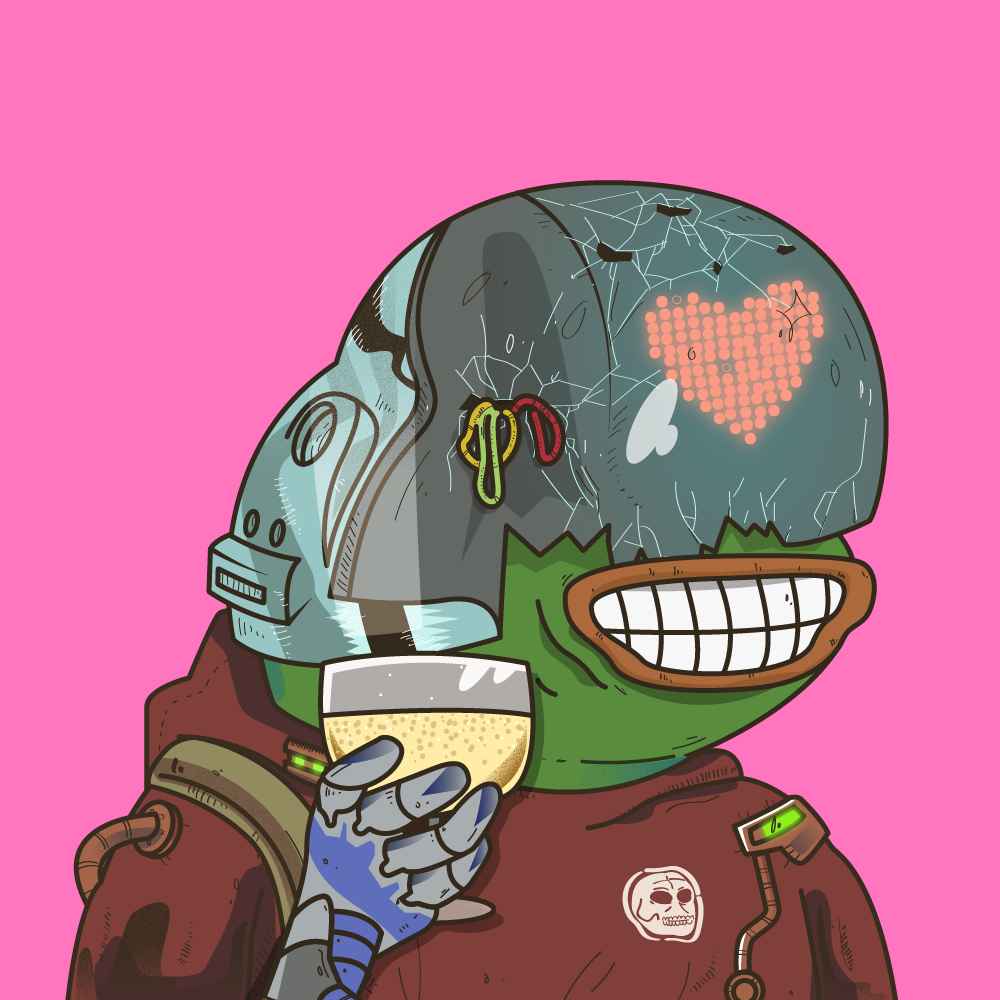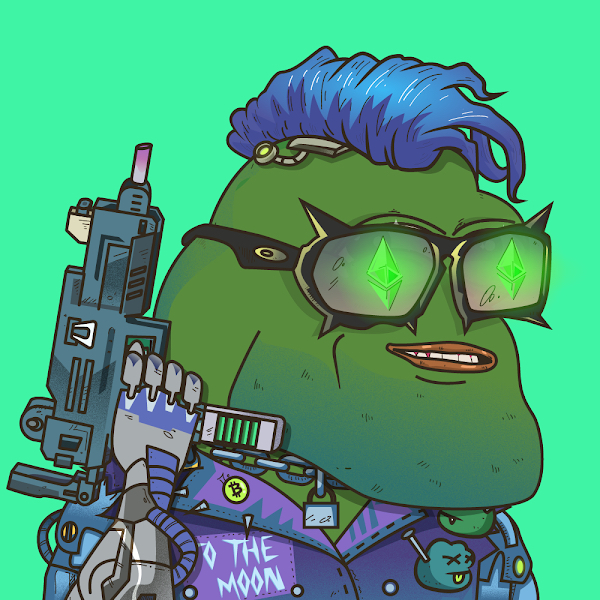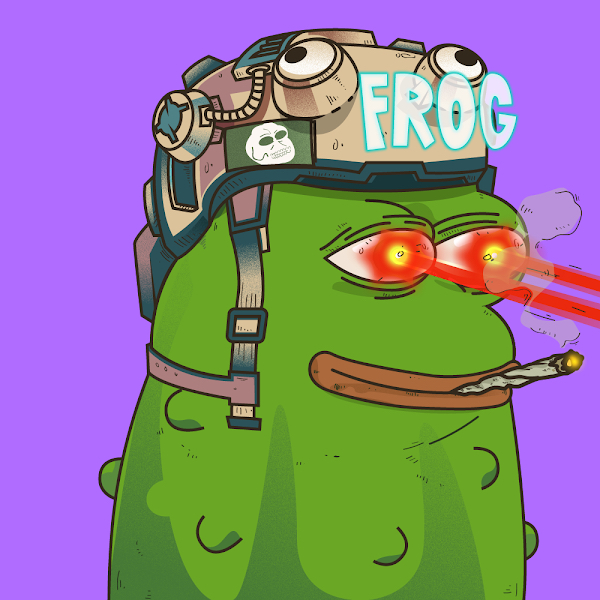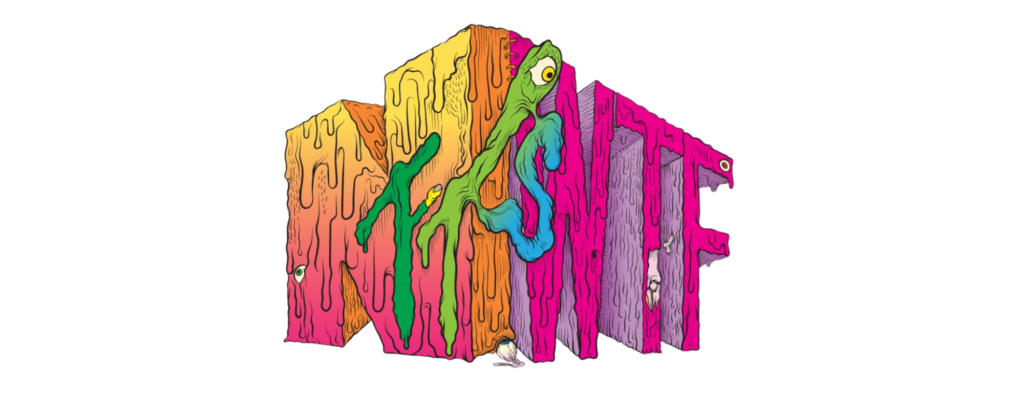The Sad Frogs District collection has been delisted from Opensea following a copyright claim from the original creator of the Pepe meme, Matt Furie. This has consequences for NFT projects to consider and may have far-reaching legal consequences. It also forces the consideration of the centralization of marketplaces in the decentralized NFT space.
The Sad Frogs District (SFD) project launched somewhat controversially on August 9th, selling out 7000 Sad Frogs each priced at 0.05 ETH in less than 5 minutes. Central to the artwork was a frog character. The project saw success and was verified by Opensea on the 12th of August, and things seemed to be going well enough. Enter: Matt Furie.
Furie has been in the NFT space for a while, he is the creator of the successful PEGZ NFT project. He is also no stranger to DMCA (Digital Millennium Copyright Act) claims, having filed copyright claims multiple times in the past, having won a lawsuit for $150,000 from Infowars, the show hosted by Alex Jones. Matt has become proficient at hunting down uses of his caricature and filing claims against them. Claims that often stretch the limits of intellectual property law. Initially, Furie targeted exact replications of his meme, but with his pursuit of SFD, Furie is attempting to lay claim to the artwork of frogs that bear very little resemblance to his own.
Left is @Matt_Furie's frog.
Right is KGB Chad from the Sad Frogs District.This is a slippery slope. pic.twitter.com/DW3F7dcXtm
— Iced Cooly (@coolybtc) August 16, 2021
US copyright law allows for the “fair use” of intellectual property such as “criticism, comment, news reporting, teaching, scholarship, or research,” among other things. Furthermore, works that are considered “transformative” in that they recreate the original work in a substantially different way are often not considered infringements of copyright at all. Copyright owners are allowed to submit DMCA claims which centralized organizations tend to comply with. This marks the beginning of a potentially long and expensive legal process.
Opensea has been known to comply with the DMCA in the same fashion most legacy companies would. They have delisted several projects imitating the famed CryptoPunks collection to varying degrees, even without known DMCA claims against them. As the largest NFT marketplace, Opensea has a lot of power, all of which appears centralized contrary to the tagline on their homepage. Their motivation is to be as compliant as possible to appease existing and future shareholders.
SFD may or may not be an infringement of Furie’s copyright, and the SFD team has reportedly already submitted a counter-DMCA, beginning the process of appealing the decision. While this process continues, SFD token holders aren’t able to sell their NFTs as freely, with the main option left available being risky private sales (which can be overcome with p2p trades). This obviously has negative repercussions on token holders pending the resolution of the dispute.

Beyond reducing liquidity for the project and making it difficult to buy and sell, such actions on behalf of Opensea can seriously impact a project’s reputation. Opensea are seen as arbitrators of the NFT space, deciding on no firm basis which projects receive their blue verification check (which SFD did). These actions impact thousands of people and should not be taken likely by Opensea. Considering the livelihoods involved, the very least Opensea could do is stop enforcing DMCA claims automatically.
In the SFD case, Furie has ten to fourteen days upon receipt of the appeal to hire legal counsel and respond with a lawsuit if he so chooses. This choice could have far-reaching consequences. If Furie chooses to go to court, any determinations made as part of the ruling could impact copyright law generally and the NFT space specifically, and may be used as precedent in future rulings.

Asked for comment, SFD stated that their work is substantially different from Pepe the Frog. Their belief is that Furie’s actions represent a grave overreaching on behalf of Furie, and that he is not entitled to lay claim to every frog on the internet. They have voiced concerns over their community and ~1900 token holders, and are not looking for further escalation.
There is also a fair chance that a court will concede that their artwork is sufficiently transformative, invalidating Furie’s claim. Nonetheless, this will be a long legal battle for which Furie is far better financially equipped, indicating a settlement or personal benefit could be the intention behind this claim. Furie can spend more on legal fees to get a deal out of the SFD team, putting them at a disadvantage.

On the bright side, Furie may choose to advance and allow freedom of expression and not press charges. It would not detract from the value of his PEGZ collection. There can be more than one frog on the internet, and the advances of an original creation only add value to that original creation. Just look at the value of Cryptopunks as an example; it increases with each variation that spreads its legend further.
NFTs are all about circumventing gatekeepers and allowing equality of opportunity and expression. Copyright is not in conflict with these ideas and should certainly be respected, but should not be applied so strictly as to infringe on our core values. Furthermore, centralization of a decentralized space enables legacy systems and automatic DMCA responses to significantly hurt growing initiatives. These systems need to be rethought to nurture innovation in the NFT space.

